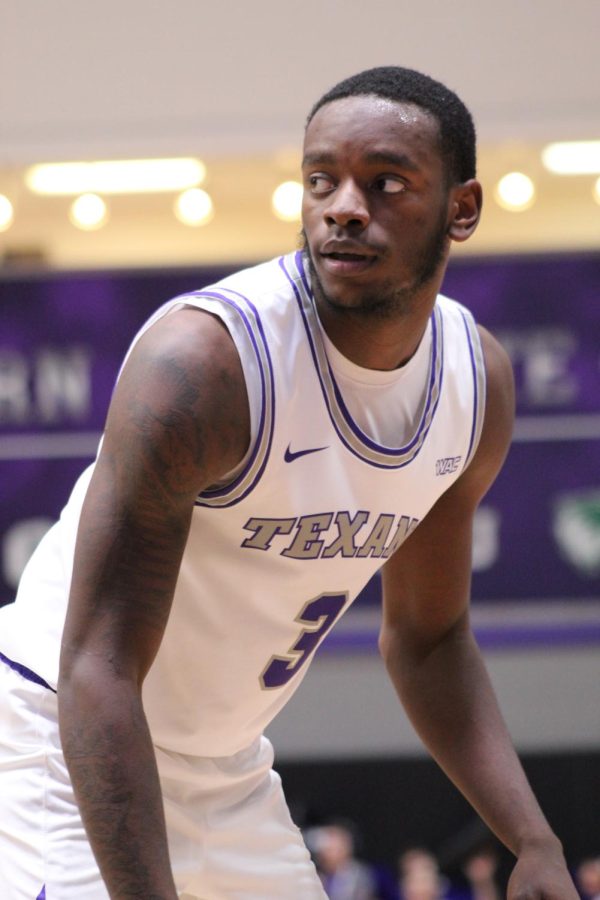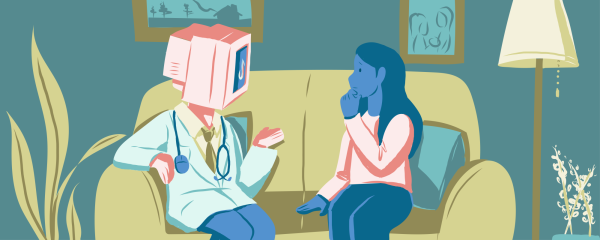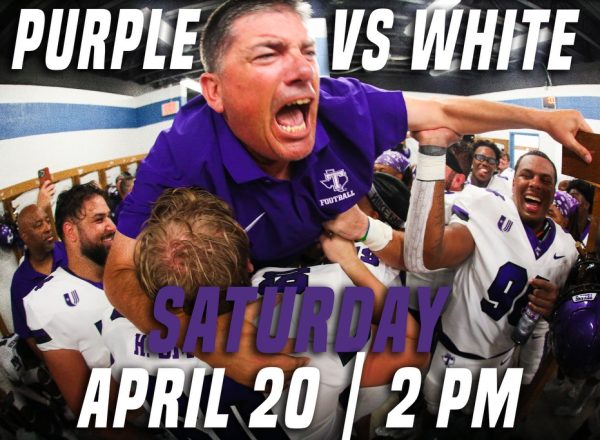It’s okay to not be okay
The mental health epidemic in college athletics
The image of a college athlete is someone who is tough, strong, and talented. However, while we only see what is happening on the exterior, we do not always see the internal battles they may be facing. When an athlete gets injured, they are told to shake it off. That might be easy to say when it comes to a physical injury, but the mental battles athletes face are far less simple. For so long, many athletes have been quiet about the depression, anxiety, and suicidal thoughts they face. The stigma surrounding college sports and mental health often leaves athletes feeling as though they need to put their mental health on the back burner.
“Among college athletes with mental health conditions, only 10% seek help,” Christie Campus Health stated.
Athletes are slowly beginning to speak up about their experiences with mental health. Tarleton Basketball player, Shamir Bogues, shared his experience with mental health challenges coming from a male athlete’s perspective. Bogues believes that while many men struggle with mental health, they are less likely to come forward.
“Men don’t want to come forward and talk about their problems because they are supposed to fit the role of being what society deems as ‘manly,’ so they do not want to be seen as weak,” Bogues stated.
Over the recent years, well-known athletes have begun to raise awareness about the importance of their mental health. This movement amongst athletes has instilled confidence in their community and given fellow athletes the courage to come forward with their stories.
“Victoria Garrick conducted a student-athlete survey and found that half of the student-athletes reported having depression, anxiety, or an eating disorder, but were too scared to tell anyone or to seek mental health services,” Campus stated.
Influential athletes beginning to speak out has enhanced the culture in college athletics. “I think a lot more athletes are going to start speaking out about their stories,” Bogues said. For example, Simone Biles came out and admitted that her mental health was not on the right track. That was a big deal for the realm of athletics. It will allow every athlete to feel like their voices will be heard.
Mental health consists of a lot of things and there are many ways for athletes to ensure that their mental health is in good shape.
“Good mental health looks like balance,” Tarleton Counseling Center
Licensed professional ShelbyGilson stated. “Think of the wellness wheel and figure out what parts of your life could use more of your time and energy and focus on those things.”
The wellness wheel includes things like social, physical, emotional, spiritual factors, etc. “Athletes are under a significant amount of pressure, so I think it is extra important for them to take care of their mental health,” Gilson said.
For some athletes, their mental and emotional turmoil roots from issues back home that they cannot always be physically or emotionally present for.
“My mom passed away and I had to learn how to live life without her,” Walrath said. “I went through a really rough time with that, but I got out of it by learning tools to help my mental health. I started being more appreciative and thankful and that really helped me out a lot.”
In addition to the athletes learning how to cope with their mental battles, it is also very important for coaches to encourage athletes to prioritize their mental health.
“In the fall, we take ten weeks and every week we sit down and address different topics that are going to help the student-athletes come spring when the season starts,” Tarleton head tennis coach, Elianne Douglas-Mironsaid. “The first thing we talk about is mindfulness and breathing exercises to provide them with some strategies if they are struggling with their mental health. We have a very open space where the girls can talk about how they are feeling, how they are doing, and just making sure that everyone is well taken care of.”
This type of environment makes it easier for athletes to speak out about the challenges they face. These discussions allowed the athletes to become familiar with what struggling with mental health looks like, so they can identify when they need help and get the assistance necessary. As a society, it is imperative that we take the emotional and mental needs of athletes seriously.
“We can start by challenging myths surrounding mental health. Support one another when someone opens up about their struggles. Good mental health can improve performance and overall fulfillment in life,” Gilson said.
The most change will come from a strong support system found in the athletic programs. “You have to sit down and create trust with your student-athletes one on one before opening up the conversations as a team,” Douglas-Miron stated. “If you as a coach aren’t comfortable talking about it [mental health] then bring in someone who is. There are resources on this campus and on other college campuses as well.”
The culture behind college athletes and their mental health has progressed significantly. Hopefully, in the future, we will continue to see more athletes becoming comfortable seeking help for their mental health and speaking out about their struggles.









